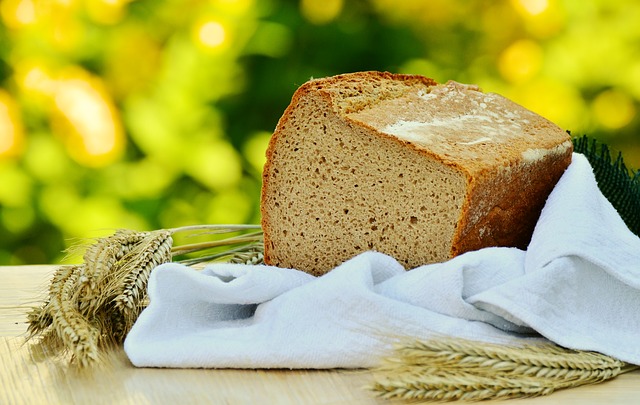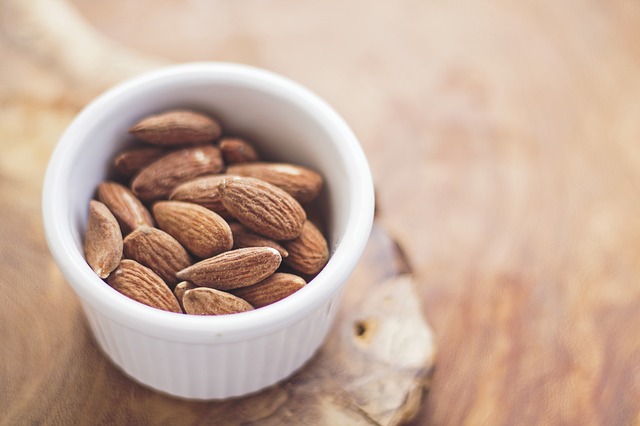Eating grains is a very controversial topic these days with many people avoiding gluten-containing grains like wheat, rye, and barley at the least. Others are cutting all grains out of their diets for short or long term periods of time.
So what is the problem with grains? Why are people having so much trouble with them? Should we be avoiding certain grains or avoiding them altogether?
What’s Bad About Grains
There are some real issues with grains which we cannot ignore. Grains like wheat, rye, and barley do contain more gluten than they used to primarily because of hybridization. At this point, wheat is not genetically modified but it has been hybridized extensively and often with the goal of increasing the gluten in it.
Many people have gluten intolerance, including 3 members of my own family. Nearly five times as many people have gluten intolerance as in the 1950s. Refined grains have been linked to many diseases including diabetes, heart disease, and obesity.
Grains do not contain any specific nutrition that cannot be found in some other foods, so many people are opting to leave them out and avoid many of the problems that seem to go along with eating grains these days.
Benefits of Eating Grains
So what value is there in eating grains? Why not cut them out completely if there is so much controversy over them? There are several reasons why at least some of us should consider keeping grains in our diets.
- First, they are affordable especially for families on a budget.
- Second, they do contain some important vitamins and minerals which are easiest to get from grains, including B Vitamins and magnesium. Although as was mentioned, these nutrients can be found in other foods, it is not that easy to do so.
- Third, some people do feel better on grains because they need a higher carbohydrate diet than others.
It is possible to reduce the gluten and phytic acid in grains through soaking and use of sourdough and also increase the vitamin and mineral content and thus make them more digestible.
Anytime we cut out a whole food group it does become more difficult to keep a balanced diet. For instance, if grains are cut out and nut flours are used, the nuts are a good source of magnesium but also high in omega 6 fatty acids (the bad ones) and can lead to an imbalance of fatty acids in the body.
There are some people who do need to avoid grains, especially those with gluten. Anyone with several celiac diseases needs to stay off gluten and should consider cutting out all grains. Those with gut issues of imbalance of good and bad gut bacteria may need to be off grains during a healing process.
The answer of whether to eat grains and how much will vary with each individual.
In the next weeks, I will be presenting a series on the different grains that are available for our use and giving some suggestions on the best ways to use them. Next week I plan to write about soaking grains and using them in sourdough, the way I recommend for preparing and serving grains.
~
- Are Pasteurized Almonds Good or Bad? - January 31, 2022
- Nutrition of Peanuts - November 20, 2013
- Happy With Hickory Nuts - November 13, 2013



I appreciate the list of benefits of grains. I realize grains do pose a problem for some people, but I still think most people can successfully digest grains. We grind our own wheat (as well as other grains for variety), and do not have any digestive issues in the family. I almost feel guilty about the fact that we enjoy wheat since it is very politically incorrect in real food circles right now. I do try to manage the amount of wheat we eat, but I can’t imagine life without it. I look forward to your post on soaking, I do it rarely, but I would like to get started with sourdough.
I highly recommend sourdough products even if you don’t seem to have any trouble with wheat. It is all around so much better for any of us.